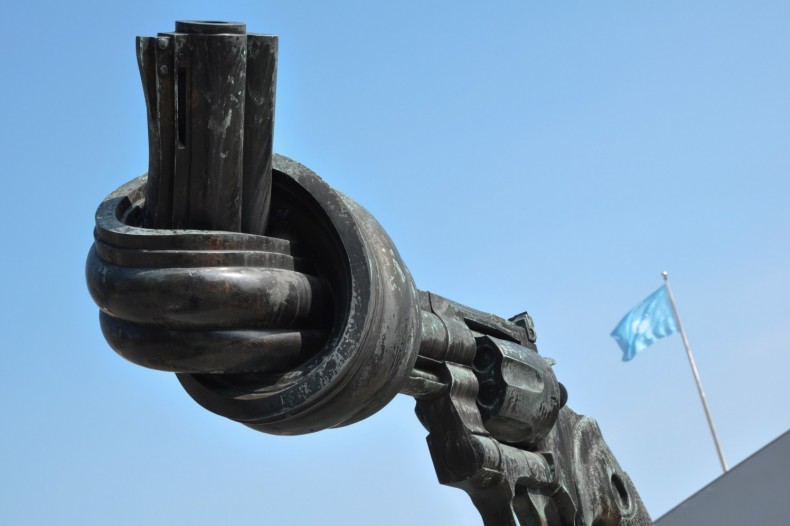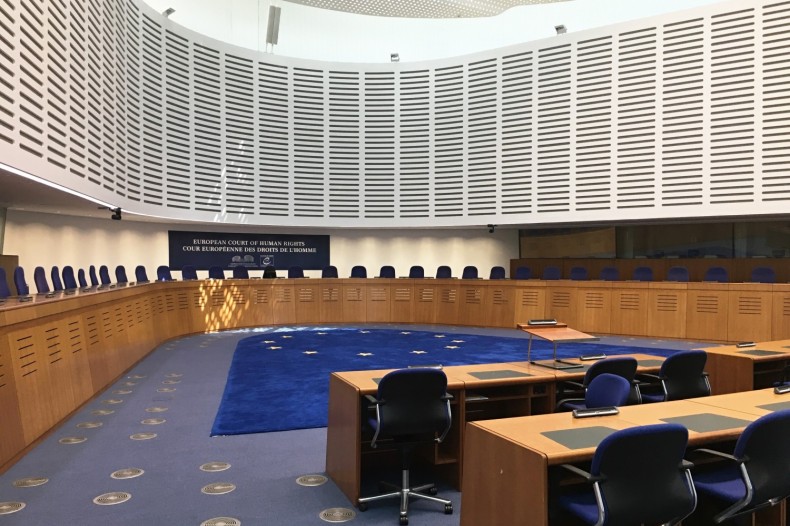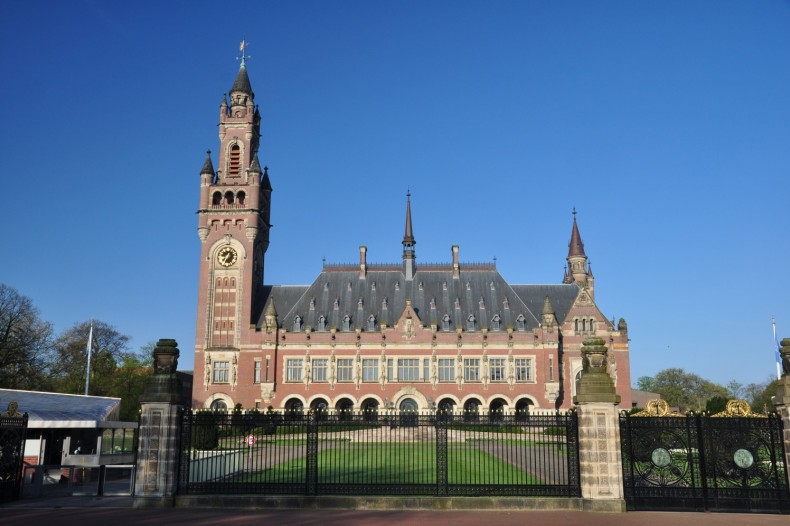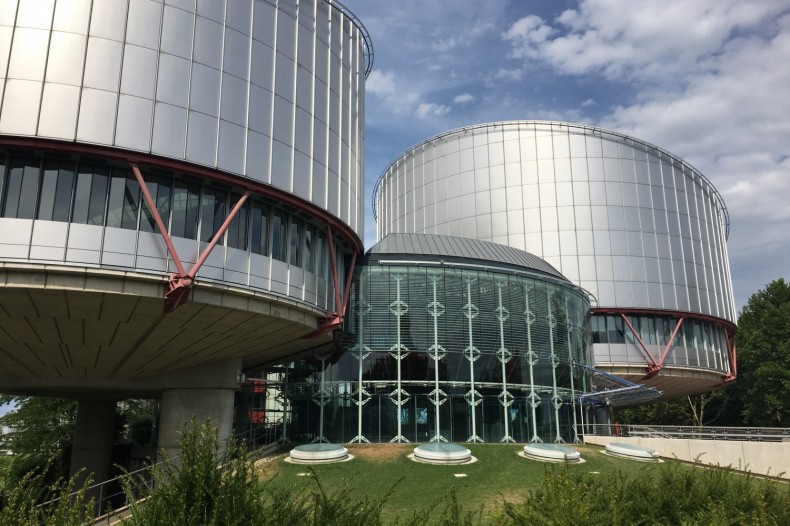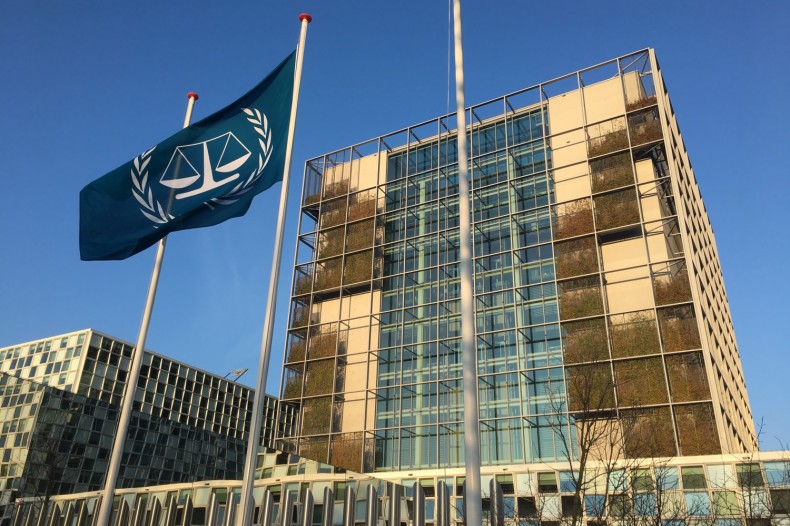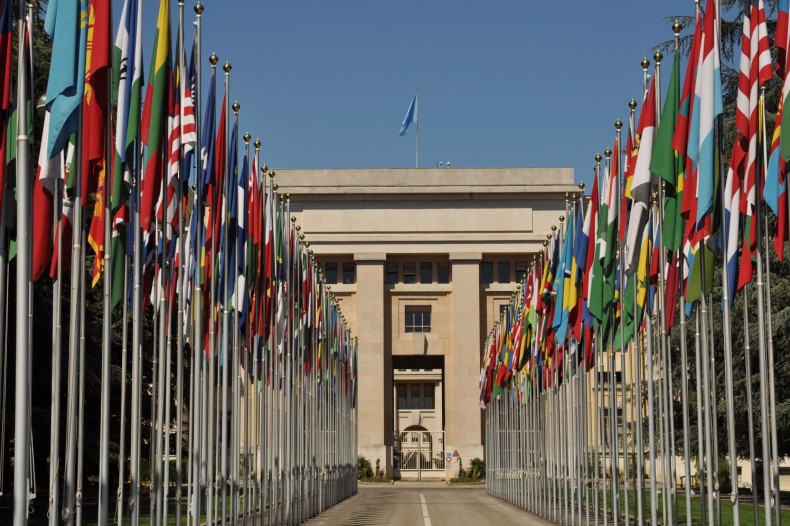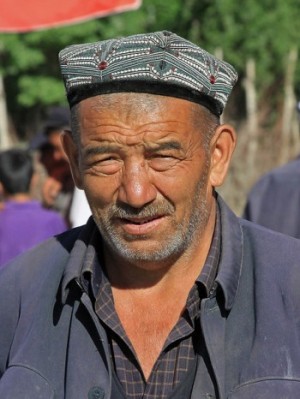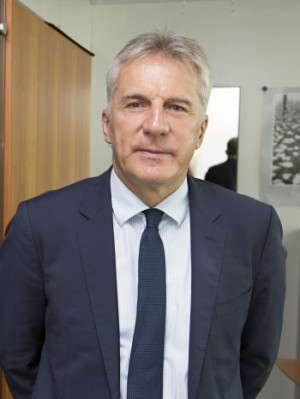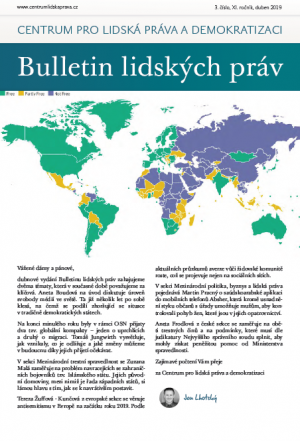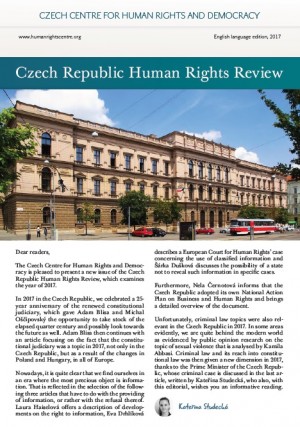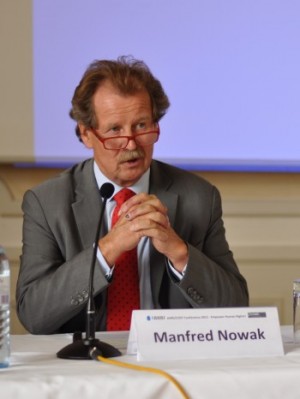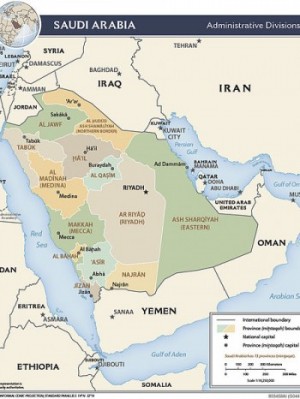Czech Centre for Human Rights and Democracy
The Centre is an independent academic institution monitoring human rights developments both domestically and worldwide, issuing a monthly Bulletin, as well as organizing conferences.
“Uighurs” are an oppressed minority group of Chinese Muslims living in Northwest China. While many voices have called for stopping China and its actions against this minority, it remains relatively unknown that the US has also played an important role in the violations of the human rights of this minority.
Alleged terrorists
As a result of the terrorist attacks on 11 September 2001, the US began the “War on Terror,” a military campaign launched by President George W. Bush. The campaign was against the terrorist group, Al-Qaeda, which operated in Afghanistan and Iraq, but it also combated other terrorist groups throughout the region.
The debate over vaccinations dates back to 1998 to a study conducted by a later discredited Dr. Andrew Wakefield suggesting that vaccinations led to a rise in autism among vaccinated children. Since then, the debate has taken a foothold, with numerous people speaking against state and medically recommended vaccines, ultimately resulting in a national security, public health and human rights issue.
The Debate
Although there is no federal law in the U.S. requiring vaccines, all 50 states require various vaccines for children to attend any public school, with certain exemptions for medical, religious or philosophical reasons. Additionally, the Center for Disease Control (CDC) recommends vaccines. Almost all, regardless of their side, would say that the debate focuses on the safety and health of children. Many people against vaccines feel that vaccines have the ability to cause children to develop autism, ADHD, and diabetes, blaming corrupt government officials, greedy pharmaceutical companies and biased scientific studies. They feel that children’s immune systems can naturally deal with infections and that injecting a questionable vaccine will cause side effects.
The International Criminal Court, seated in The Hague, prosecutes perpetrators of war crimes, crimes against humanity and genocide. A Czech judge and leading expert on criminal law, Robert Fremr, is one of its 18 judges. What does this role encompass? What are Judge Fremr’s views on the Court’s current problems?
The interview was published in May 2017, in Czech, now we also present it in English.
Robert Fremr spent his whole career life focusing on criminal law. During his work as a judge, he worked on a number of courts and in 2004 he was appointed to serve at the Supreme Court of the Czech Republic. Apart from this, Judge Fremr taught criminal law at university and between the years 2006-2008 and 2010-2012 he served as ad litem judge at the International Criminal tribunal for Rwanda (ICTR). This international experience helped his candidacy for the International Criminal Court (ICC), where he has worked as a judge since March 2012.
The April Bulletin opens with an article by Aneta Boudová about the current state of the freedom of press in the world. Unfortunately, for several years now the freedom has been decreasing, partially due to the deterioration of the situation in traditionally democratic states.
At the end of the previous year, two global compacts were adopted within the UN framework, on refugees and migration. Tomáš Jungwirth explains how they came to be, what differentiates one from the other and what contributions we can expect in the future due to their adoption.
Furthermore, there are a number of articles regarding current human rights developments. These articles are divided into the following four categories: International Criminal Justice; European System of Human Rights Protection; International Politics, Business and Human Rights; and the Czech Republic and Human Rights.
The Czech Centre for Human Rights and Democratization is pleased to present a new issue of the Czech Republic Human Rights Review examining the period of 2017.
You will find articles written by Adam Blisa and Michal Oščipovský focusing on the state of the constitutional judiciary in the Czech Republic and Central Europe, followed by articles from Laura Haiselová, Eva Drhlíková and Šárka Dušková on developments regarding the right to information and the use of classified information. Nela Černotová's article informs about the Czech National Action Plan for Business and Human Rights and the issue is closed by two articles from Kamila Abbasi and Kateřina Studecká focusing on criminal law topics.
We wish you an enjoyable reading.
You can download Czech Republic Human Rights Review here.
Professor Manfred Nowak is a widely respected human rights expert who in 2007 started to promote a reform of the UN human rights treaty bodies that would contain the establishment of the so-called World Court of Human Rights. How does he perceive this idea today?
The interview was published in March 2016, in Czech, now we also present it in English.
The UN human rights treaty bodies are control mechanisms that monitor the respect for a number of human rights treaties at the universal level (e.g. the International Covenant on Civil and Political Rights). However, the functioning of the treaty bodies is in the long-term, quite inefficient and therefore, Manfred Nowak suggests that in the future these committees (e.g. the Human Rights Committee) should focus mainly on reviewing state reports.
The Absher App is an application launched by the Interior Ministry of the Saudi government in 2015. Some focus on how the app reduces bureaucracy while others emphasis the ability of the app to allow men to track the location of women. Since its release it has generated minimal public discussion, however, the debate has been increasing.
In order to fully understand and appreciate the significance of this App, one must first be familiar with the “guardianship laws” existent in Saudi Arabia. Very briefly, guardianship laws grant certain rights to a “guardian” of a woman. Every woman in Saudi Arabia, no matter how old she is, has a male guardian. This could be her father, husband, brother or son. This male guardian must give her permission to obtain passports, undergo various medical procedures and get married. Opponents to guardianship laws believe these laws give women a status similar to minors.

